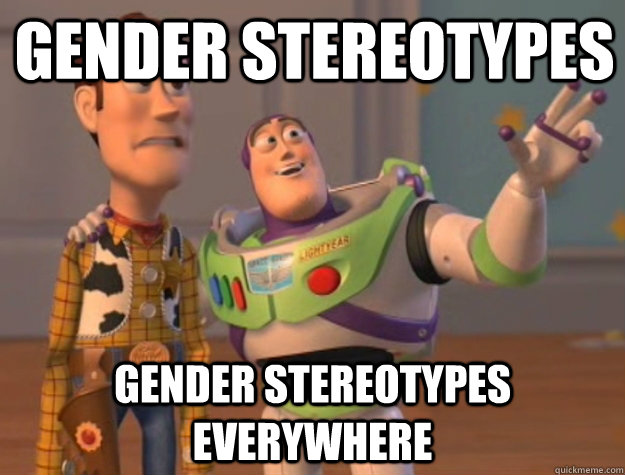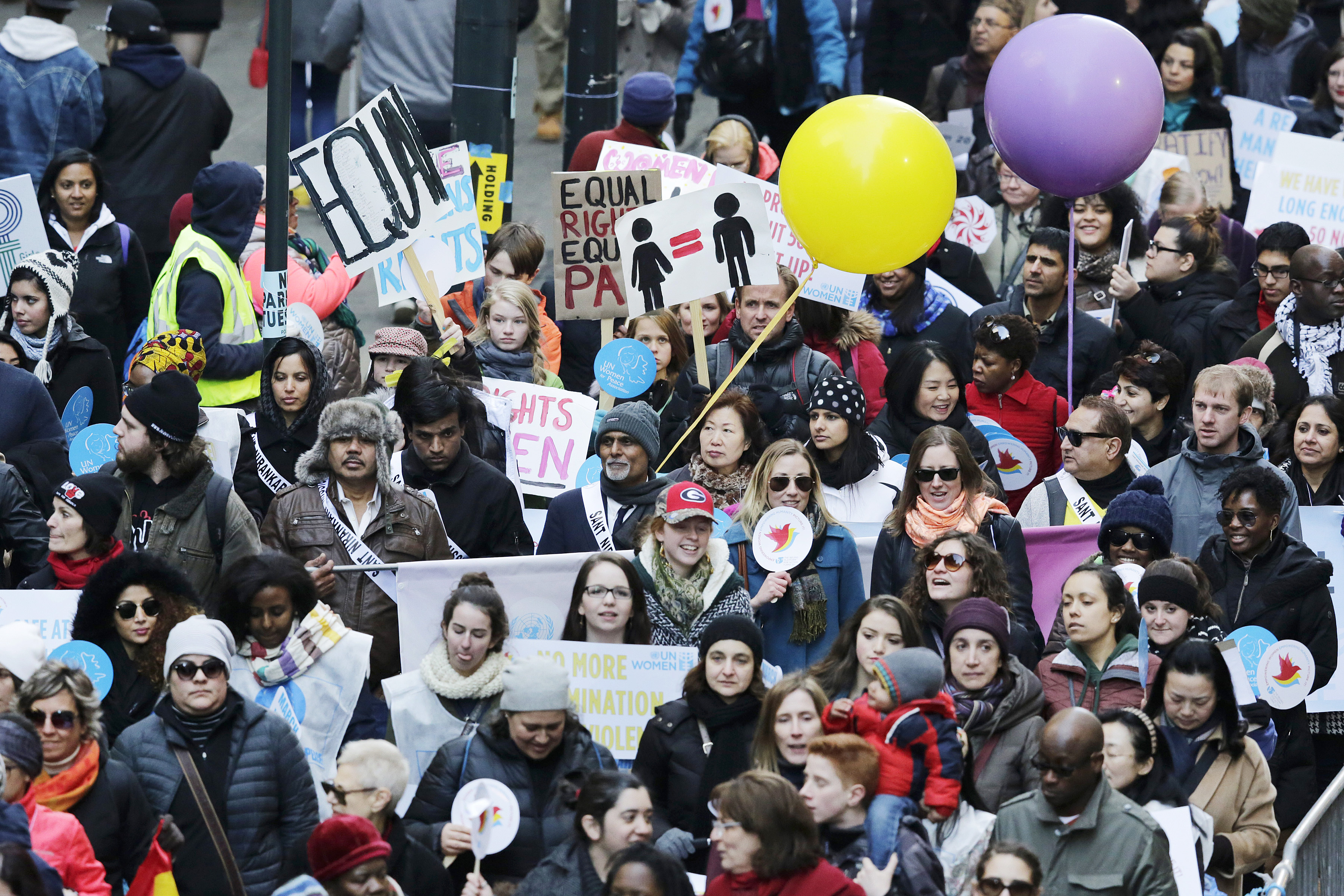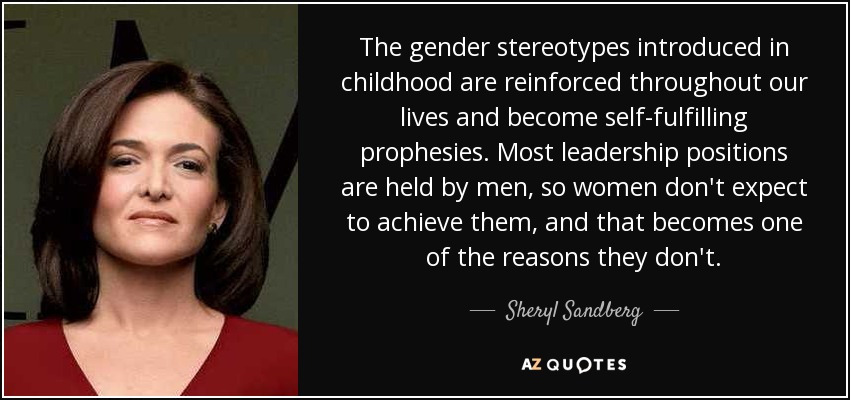 Waking on Friday morning I unexpectedly found my social media site exploded with claims that in America girls believe brilliance is a male trait. Naturally I was curious to find out more, and the more articles I read, I was horrified to find that the reality is that girls from as young as six truly feel that boys are smarter than them because they are boys… What? The more I thought about it this morning the more I thought about if I had ever thought about boys being smarter than me growing up. The short answer is no. I was brought up to always know that no matter what I did there were people around me who supported me and if there was something I wanted to do I could do it. To be honest if there was anyone I thought was better than me it was “the more academically able” because the school I went to made out that we had to get A’s rather than B’s. It was nothing to do with gender.
Waking on Friday morning I unexpectedly found my social media site exploded with claims that in America girls believe brilliance is a male trait. Naturally I was curious to find out more, and the more articles I read, I was horrified to find that the reality is that girls from as young as six truly feel that boys are smarter than them because they are boys… What? The more I thought about it this morning the more I thought about if I had ever thought about boys being smarter than me growing up. The short answer is no. I was brought up to always know that no matter what I did there were people around me who supported me and if there was something I wanted to do I could do it. To be honest if there was anyone I thought was better than me it was “the more academically able” because the school I went to made out that we had to get A’s rather than B’s. It was nothing to do with gender.
Now thinking about it in a professional capacity and having interagency working as a module this year, I am really thinking about some of the female role models children have in their lives. Is this a big contributor to gender stereotypes? in terms of the media especially, just think about some of the positive female “role models” there are right now? To be honest the only good examples I could come up with were involved in politics like Nicola Sturgeon, Theresa May, Michelle Obama etc and of course Mary Berry (who doesn’t love a bit of Mary). This was all backed up in the 2016 girls attitude survey run by Girlguiding. One of the first points raised from the survey was that there are simply too few positive female role models. I could not think of a single positive female role model involved in science or maths in the media because to be perfectly honest I don’t think there are any that are publicised because they don’t get the interest the likes of the Kardashians, singers and actresses do. It’s all very well and good publicising women being involved in maths and science but it’s not surprising young girls would rather become a singer or actress because these are not the glamorous lifestyles portrayed in the media. Dame Athene Donald, professor at the University of Cambridge confirms in the Guardian that if we are to encourage children to be gender-balanced involvement at secondary school isn’t good enough anymore! Surely discussing stereotypes in Primary Schools to children of all ages is just as important to a Health and Wellbeing right now! I write this just days after one of the biggest Gender Equality and Women’s Rights demonstrations took place in cities all across the world. 
100 years ago our ancestors did the exact same thing for the right to vote in this country. Have we really come that much further since the days of suffragettes if we are aiming marches at the President of the United States, due to misogynistic statements about women being overweight and taking away rights from women who want rights over their personal well being. The newly elected President once said about a beauty pageant “If you’re looking for a rocket scientist, don’t tune in tonight, but if you’re looking for a really beautiful woman, you should watch”. If that’s not an advert for gender stereotype discussions in primary schools, I don’t know what is.
To be honest, I do think that these feelings that men are better than women won’t change overnight – nothing ever does. This feeling that men are better than women has been around for centuries and just by talking to children about it from an early age doesn’t mean there still won’t be an underlying niggling feeling that some jobs are for men and some for women. Referring back again to the work Girlguiding does, The Girls Attitude Survey of 2016 showed that girls also feel that too many adverts still portray girls and women in traditional gender roles. This kickstarted the advert below for the Girlguiding #ForTheGirl campaign, and proves this is a daily struggle in our media instantly with voice overs from real interviews. It’s a powerful video and really makes you think!
My final point is a personal one. We need to as a human race stamp this feeling out completely as soon as possible. I just don’t think it is right that a child as young as 6 can sit there and think someone is better than them because of their gender. I am a strong believer in earning your right to be places and yes, that child might end up in a better paying job, with higher grades and a better lifestyle but that shouldn’t be because they are male. It should be because the male was genuinely better at the job, better academically and healthier. I’m in no way a strong feminist even if this post portrays me as such, I am however a true believer in equality and equal rights for everyone. Especially when it comes to my classroom.


